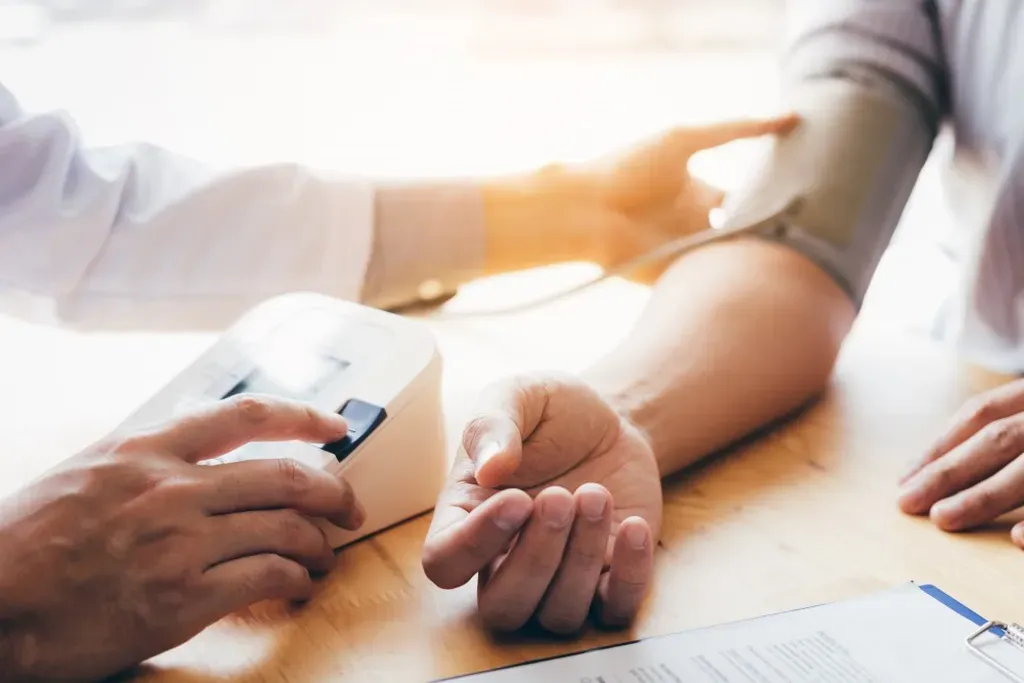
What Health Concerns Can High Cholesterol Cause?
Cholesterol is a waxy fat that travels through your bloodstream. It’s produced in your liver, which covers any amount your body needs. The problem is, foods from animal sources, including meat, eggs, and dairy also contain cholesterol; that makes it easy to develop levels that are higher than your body can handle.
At Broadway Family Clinic, board-certified family physicians Dr. Kashif Siddiqui and Dr. Sumera Muzaffar understand how difficult it can be to limit cholesterol intake, which is why they offer cholesterol screenings at their Pearland, Texas, office. Here’s what they want you to know about why you should keep your cholesterol levels in check.
What is cholesterol, and what does it do?
Cholesterol plays an important role in many systems, including building cell membranes, producing some hormones and vitamin D, and making a component of bile, which the liver uses to help you digest food. Cholesterol isn’t a single type of molecule, though, so you need to be aware of the different types and what they do in your body.
Understanding the different types of cholesterol and the health concerns they can cause
Cholesterol is carried through the bloodstream by one of three lipoproteins:
- Low-density lipoprotein (LDL), aka “the bad cholesterol”
- High-density lipoprotein (HDL), aka “the good cholesterol”
- Very-low-density lipoproteins (VLDL) carry triglycerides, another type of fat
The reason for the “good” and “bad” distinction isn’t the cholesterol itself, but rather the lipoproteins’ job as transport molecules.
When LDL binds to cholesterol, it combines with other fats, proteins, calcium, and cell debris and forms plaques on the walls of your arteries, the vessels that take oxygenated blood from your heart and distribute it to your body. The deposits narrow the conduits, making your heart work harder and raising your blood pressure. They also produce blockages that can lead to heart attack, a trans-ischemic attack (TIA) — a mini-stroke, or a full-blown stroke.
As the plaque builds up, it hardens, and you develop what’s known as atherosclerosis, commonly called “hardening of the arteries.” It’s a major cause of circulatory system problems like peripheral arterial disease (PAD), coronary artery disease (CAD), and carotid artery disease.
What’s more, the fats linked to high levels of LDL cholesterol are the unhealthy saturated and trans fats. Reducing those fats in your diet can help your overall numbers and decrease your risk factors for these diseases.
When HDL binds to cholesterol, it removes other types of cholesterol and lipoproteins, including LDL, from the bloodstream, depositing them in the liver, which eliminates them from the body. That makes it “good” cholesterol. Current research suggests high HDL levels may decrease your risk for developing heart disease.
VLDLs bind another type of fat. Triglycerides are manufactured when you consume more calories than your body needs at the time to perform all its functions. It therefore converts the energy into fatty tissue that it then stores in the body for later use. If you continue to consume excess calories, your weight and body mass index rise into the overweight or obese zone, creating further risk for health complications.
If you haven’t had a cholesterol check in a while — done with a simple blood draw — it’s time to come into Broadway Family Clinic and find out where your numbers lie. To get started, give our office a call at 346-857-0603, or book online with us today.

